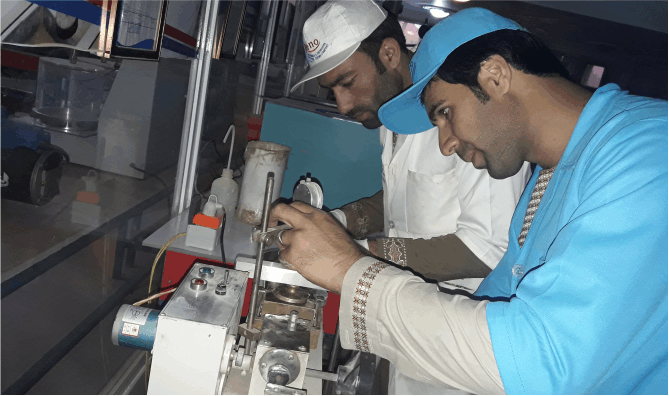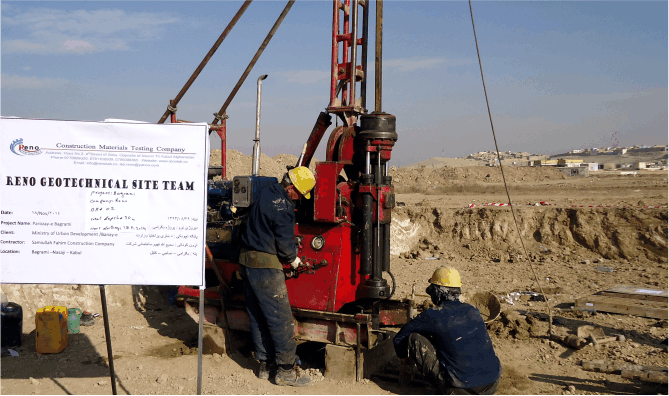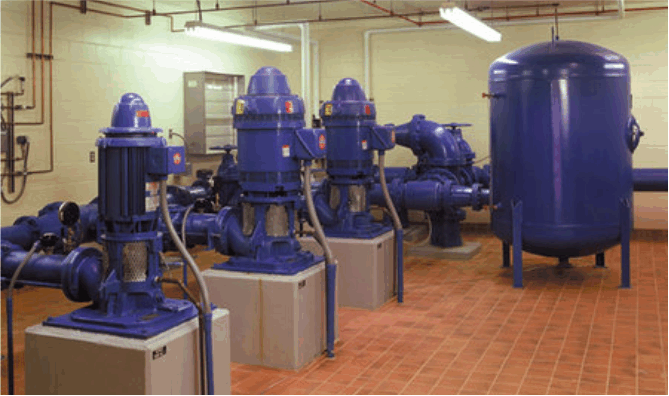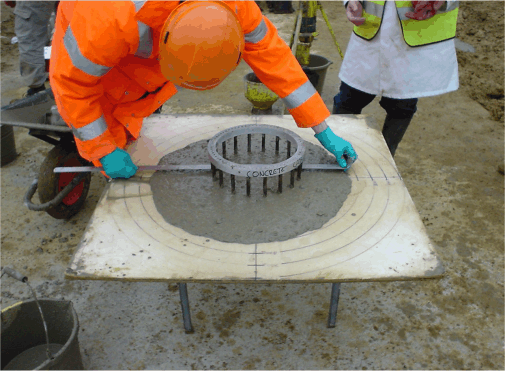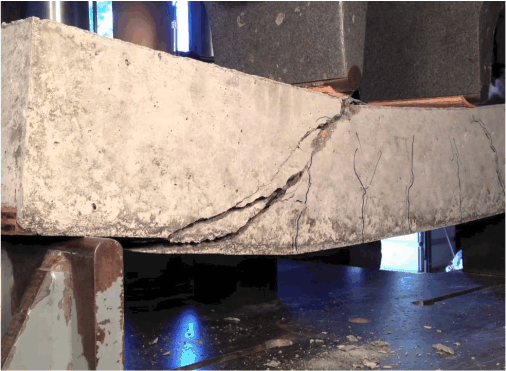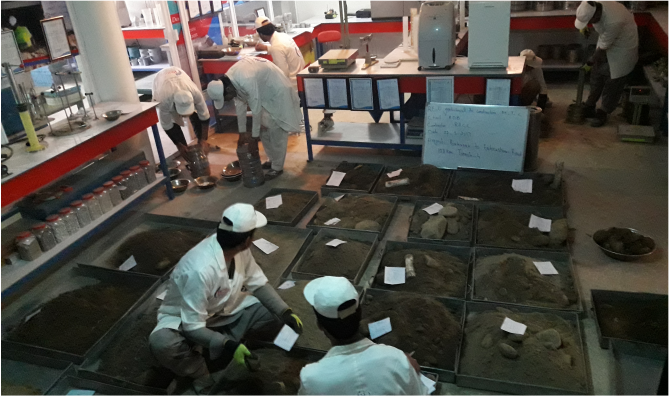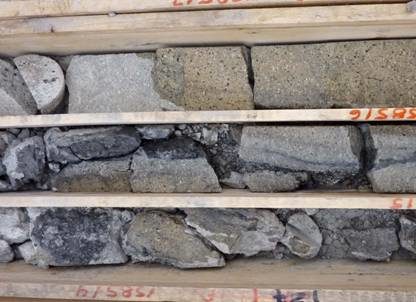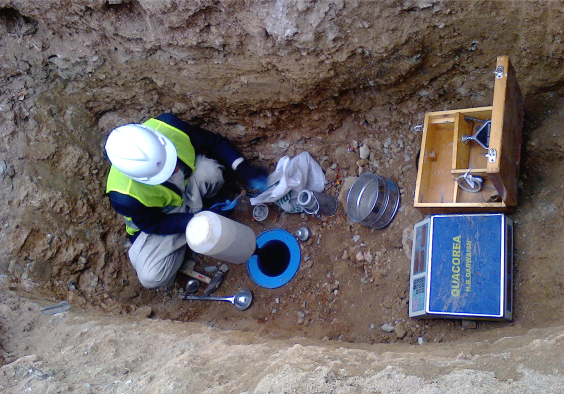Steel Testing
Reno Steel Testing Section performs mechanical testing that provides customers with the data and information necessary to meet specific steel application needs. Since 2009 our steel testing section has served that needs of a broad range of st.eel companies, construction contractors and other governmental & nonGovernmental Audits. RGCMTC Customers are assured that their tests will be handled by skilled technicians with high levels of expertise. RGCMTC technicians pe,form precise technical calibrations of the testing equipment daily to be certain that all test data is highly accurate and precise. RGCMTC offers complete services to our customers with low or high volume testing needs • Yield • Yield • Tensile • Elongation • Bend • Unite Weight
Rock Testing
It is and honor for us to be the first firm in Afghanistan that is equipped with full forck mechanics laboratory in order to localize that rock mechanical study services in Afghanistan. Our technical staff is able to perform almost all possible tests and analysis in this field. In addition our company is using a wide variety of related software in modeling and studying process. These studies are necessary for different projects like Dam Concoction, Tunneling, Slope Stability Analysis, Environmental Studies and all other projects related to rock sites and materials. Rock Mechanics Laboratory
- Uniaxial Compressive Strength
- Hoek Triaxial Test Cell with Accessories.
- Point load Test
- Brazilian Test
- Durability Test
- Los Angeles Test
- Sonic Velocity Test
- Physical Properties of Rocks (Porosity, Unit Weight …)
Other Studies
- Joint Study
- RQD Calculation
- Rock Mass Classification ( All Systems)
Soil Advance & Primary Tests
Particle Size Sieve Analysis of Soil. Dry Preparation of Soil Samples for Particle Size Analysis and Determination of Soil. Constants. Particle Size Analysis of Soil. Shrinkage Factors of Soil By the Mercury Method. Moisture Density (Unit Weight) Relation of Soll-Cement Mixtures. Laboratory Compaction Characteristics of Soils Using Standard Effort. Scific Gravity of Soil Solids by Water Pycnometer. Amount of Material in Soils Finer Than No. 200 Sieve. Density and Unit Weight of Soll in Place by Sand Cone Method. Laboratory Compaction Characteristics of Soils Using Modified Effort. CBR (California Bearing Ratio) of Laboratory Compacted Soils. Unconfined Compressive Strength of Cohesive Soils. Lab Determination of Water (Moisture) Content of Soil and Rock by Mass. Classification of Soils for Engineering Purposes (USCS). Description and Identification of Solis (Visual Manual Procedure). Liquid Limit, Plastlc Limit, and Plasticity Index of Soils. Correction of Unit Weight and Water Content for Soils Containing Over Size Particle. Use of the Dynamic Cone Penetrometer in Shallow Pavement Applications. Classification of Soil and Soil Aggregate Mixtures for Highway Construction Purpose. Determination of Water (Moisture) Content of Soll by the Microwave Oven Heating. Percolation Test. Correction for Coarse Particles in the Soil Compaction Test. Determination the Shrinkage Factors of Soil Permeability test. Plate Load Test. Percolation Test. Mechanical Boring.
Asphalt & Bitumen Tests
Penetration of Bituminous Materials. Softening Point of Bitumen (Ring and Ball Apparatus). Density of Semi Solid Bituminous Materials (Pycnometer Method). Flash and Fire Point by Cleveland Open Cup Tester. Sampling of Bituminous Materials. Ductility of Bituminous Materials. Sieve Analysis of Mineral Filler for Bituminous Paving Mixtures. Sampling Bituminous Pavin& Mixtures. Compressive Strength of Bituminous Mixtures. Effects of Heat and Air on Asphaltic Materials (Thin – Film Oven Test). Theoretical Maximum Specific Gravity and Density of Bituminous Pavement Mixtures. Solubility of Asphalt Materials in Trichloroethylene . Kinematic Viscosity of Asphalts (Bitumen). Quantitative Extraction of Bitumen from Bituminous Paving Mixtures. Estimating Degree of Particle Coating of Bituminous Aggregate Mixtures. Bulk Specific Gravity and Density of Non-Absorptive Compacted Bituminous Mixtures. Percent Air Voids in Compacted Dense and Open Bituminous Paving Mixtures. Thickness or Height of Compacted Bituminous Paving Mixture Specimens. Random Sampling of Construction Materials . Sampling Compacted Bituminous Mixtures for Laboratory Testing. Mechanical Size Analysis of Extracted Aggregate. Preparation of Bituminous Specimens Using Marshall Apparatus. Marshall Stability and Flow of Bituminous Mixtures .
Aggregate Tests
1 Bulk Density (Unit Weight} and Voids in Aggregates. 2 Surface Moisture in Fine Aggregates. 3 Soundness of Aggregates by Use of Sodium Sulphate or Magnesium Sulphate Method. 4 Material Finer than No. 200 Sieve in Mineral Aggregate by Washing. 5 Specific Gravity and Absorption of Coarse Aggregate . 6 Specific Gravity and Absorption of Fine Aggregate. 7 Resistance to Degradation of Small Size Coarse Aggregate by Abrasion and Impact in the Los Angeles Machine . 8 Sieve Analysis of Fine and Coarse Aggregates. the Los Angeles Machine . 8 Sieve Analysis of Fine and Coarse Aggregates.
Concrate & Cement, Grout, Mortar Tests
Making and Curing Test Specimens in the Field. Compressive Strength of Cylindrical Specimens. Obtaining and Testing Drilled Cores and Sawed Beams of Concrete. Compressive Strength of Hydraulic Cement Mortars. Slump of Hydraulic Cement Concrete. Sampling Freshly Mixed Concrete. Measuring Thickness of Concrete Elements Using Drilled Concrete Cores • Air Content of Hydraulic Cement Mortar. Normal Consistency of Hydraulic Cement. Density of Hydraulic Cement • Time of Setting of Hydraulic Cement by Vicat Needle. Making and Curing test specimens in the Laboratory. Fineness of Hydraulic Cement by Air-Permeability Apparatus. Air Content of Freshly Mixed Concrete by the Pressure Method. Bleeding of Concrete. Early Stiffening of Hydraulic Cement (Mortar Method). Fineness of Hydraulic Cement by the 45-um (No.325) Sieve. Early Stiffening of Hydraulic Cement (Paste Method). Moist cabinets, Moist Rooms, Water Storage Tanks Used in the Testing of Hydraulic Cements and Concretes. capping Cylindrical Concrete Specimens. Temperature of Freshly Mixed Portland Cement Concrete. Portland Cement Content of Hardened Hydraulic Cement Concrete. Flow of Hydraulic Cement Mortar. Mixing Water Used in the production of Hydraulic -Cement Concrete. Practice for stimating Concrete Strength by the Maturity Method. Rebound Number of Hardened Concrete. D rmining Density of Structural Light Weight Concrete. Quality of Water to be Used in Concrete.

